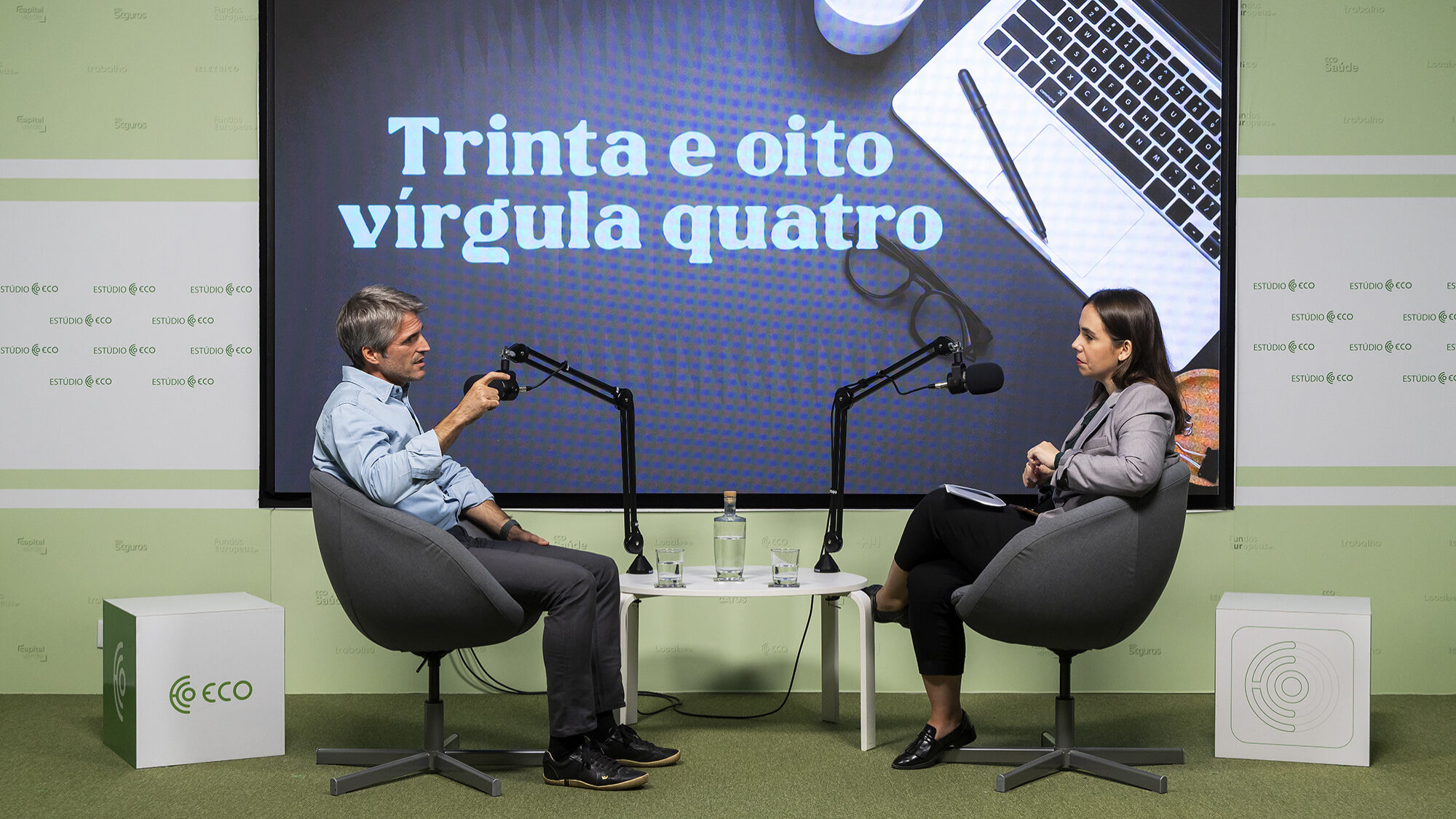"It can be scary to hear that I either go back to school or I'll be obsolete." Listen to the podcast "Thirty-eight point four"

It's already a common perception that millions of workers will have to reskill to avoid unemployment as technology transforms their jobs. Still, after decades of career and dedication, it can be scary to hear: either go back to school or risk becoming obsolete .
This is what João Magalhães, CEO of Code for All , says, and in this episode of the podcast “Thirty-eight comma four”, highlights that adaptability will be one of the key skills in the near future.
" Reskilling is no longer a nice-to-have ; it's become strategic . In upskilling , this is even more evident with the craze surrounding artificial intelligence over the last two or three years," the entrepreneur emphasizes.
In João Magalhães' view, there are sectors where technology will, indeed, "steal" jobs , but there are also others where, even if it doesn't steal jobs, employees will have to update themselves or run the risk of not having the appropriate skills.

" Constantly staying up-to-date will be critical . We haven't yet adapted to the speed at which the world and our professions are changing. Adaptability and the ability to stay current will be very important skills in the coming years, " argues the CEO.
Regarding the history of Code for All — which was founded in 2014 under the name Academia de Código — João Magalhães recalls that, at the time, there were 20,000 jobs to fill in the technology sector, but there was a lack of talent , despite the high youth unemployment rate.
Code for All was then created as a bridge between these workers and these jobs. "When we started, we weren't sure if there were people interested in trying this path. We were pleasantly surprised, because we had a lot of applicants right from the first course (600 applicants for 16 spots) ," he emphasizes.
"There was a lot of resistance, and companies often didn't understand how it was possible for people with no experience in this area to be entering the market in just four months."
"On the other hand, we didn't know how companies would react, but the data indicated they were desperate to hire. Initially, that wasn't the case. There was a lot of resistance, and companies often didn't understand how people with no experience in this field could be entering the market in just four months ," he says, describing how he convinced employers to embrace this talent.
This episode of the "Thirty-eight, four" podcast also features Luís Ribeiro , head of the Employment + Digital Project Team at the Institute of Employment and Vocational Training (IEFP), who reviews the first two years of the digital training check . During this period, approximately four million euros have already reached workers to support training , for example, in cybersecurity and digital marketing .
"Thirty-eight comma four" is a biweekly podcast featuring interviews with decision-makers, leaders, and thinkers on the hottest topics in the labor market . The new season kicked off with episodes dedicated to the ongoing labor law reform and now continues with two episodes on training in Portugal .
ECO-Economia Online





